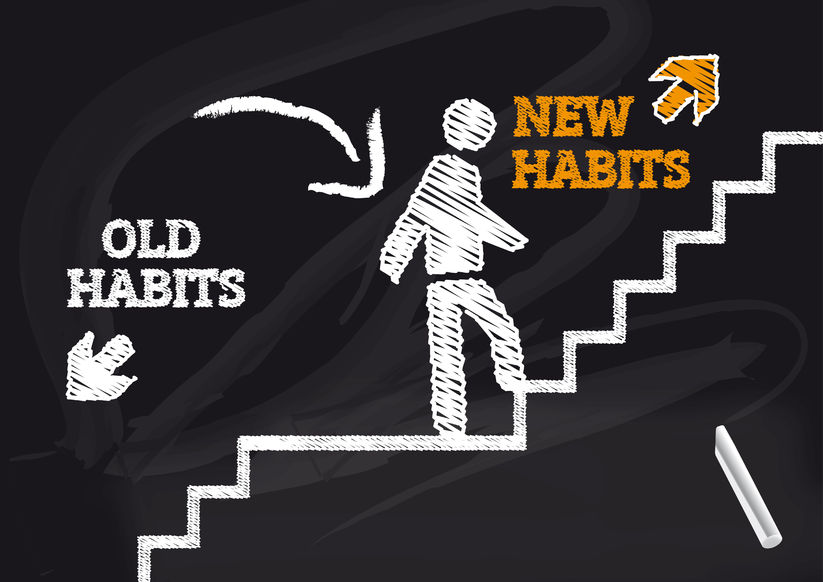How well do we take care of ourselves?

Whether an employee, contractor or business owner we need to take care of ourselves. COVID has caused even more stress, concerns, worry that affect business owners which in turn affects employees and staff. Worries for business owners such as competing with other businesses, surviving as a business, juggling responsibilities, growing the business, making money, attracting and retaining customers or clients are some of the highest worries. Worries for employees and staff can be stress, managing conflicting deadlines, prioritising, concern for job security, pressure of too much work, insufficient support and lack of communication from employers. Either way we need to provide ourselves with self-care. We know this but often ignore the worries and stress until it’s too late. Here are some self-care tips which either as a business owner, contractor or employee you can look to incorporate these into your life to help ease stress, worry and concern and increase









